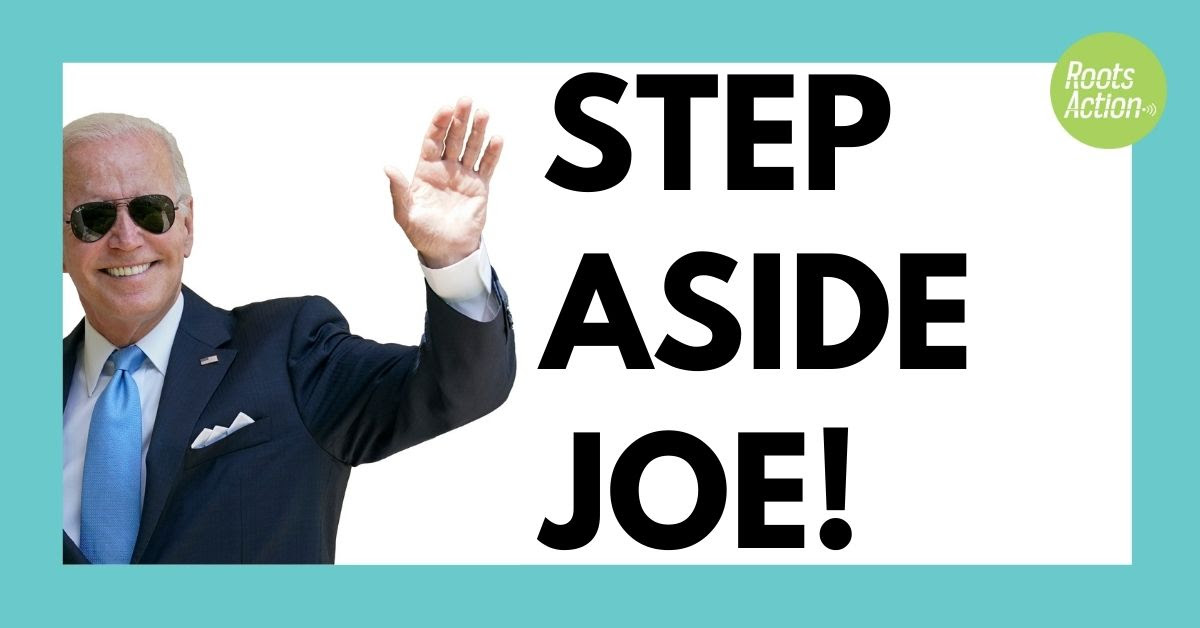While progressives urge the administration to curb punitive sanctions, its new deputy Iran envoy was an architect of Obama-era sanctions policy.
Under the Trump administration, the United States imposed a wave of aggressive sanctions on countries like Cuba, Iran, and Venezuela—inflicting suffering on their populations and hampering the countries’ ability to respond to the Covid-19 pandemic. The Biden administration is now conducting a review of US sanctions policy, and the potential consequences of these punitive economic restrictions, to determine which of former President Donald Trump’s sanctions it will keep. The new administration has the ability to roll back many of these brutal sanctions, but isn’t expected to stray too far from Trump’s approach.
While Biden has promised a departure from the volatility of Trump-era foreign policy, his staff choices have skewed interventionist, with Antony Blinken as secretary of state and Avril Haines as director of national intelligence, both veterans of the Obama administration. Some progressives are also concerned with one of the administration’s recent hires, taking it as a troubling sign for the administration’s broader sanctions policy going forward. Richard Nephew, the lead sanctions expert on the Obama State Department’s negotiating team for the 2015 nuclear deal, recently joined the Biden administration as deputy Iran envoy. Erik Sperling, executive director of Just Foreign Policy, told The Nation that Nephew’s hiring “exposes a moral dilemma” for Democrats.
Unlike most others in Washington’s foreign policy establishment, Nephew has made the rare admission that even targeted sanctions on so-called bad actors destroy economies, hurting civilian populations in the long run. He also takes credit for contributing to shortages in medicine and medical devices in Iran through sanctions he helped design, making these necessities too costly for the average Iranian. In his 2017 book, The Art of Sanctions: A View from the Field, Nephew explains how sanctions are meant to inflict pain so intolerable that it forces “the target” to acquiesce to US demands, adding that the casualties and damage of sanctions can be less visible and seem less destructive than those of military conflict.
Read the rest at The Nation.










